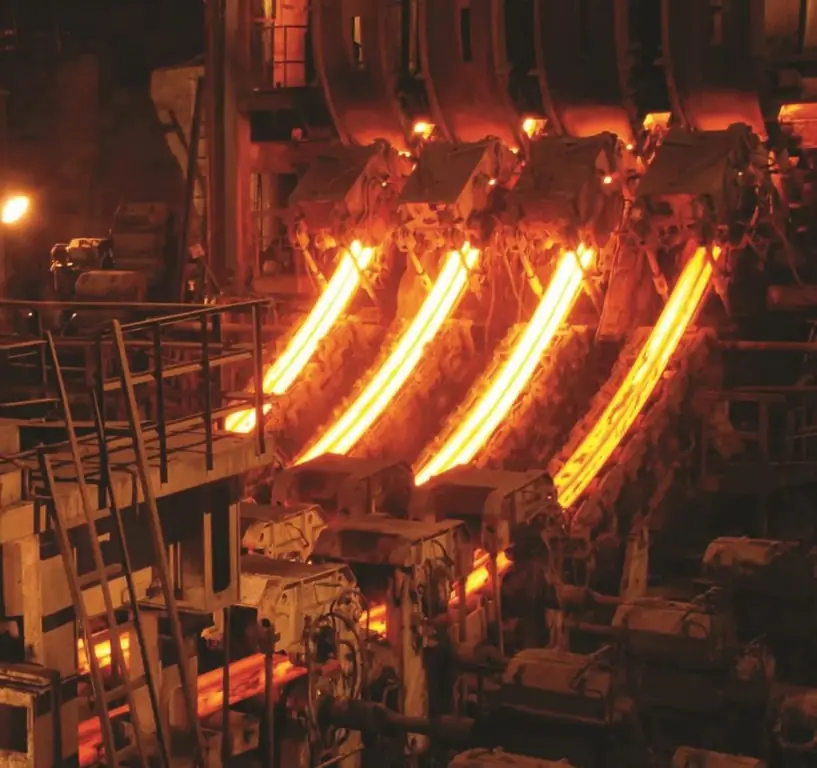2026 Author: Howard Calhoun | calhoun@techconfronts.com. Last modified: 2025-06-01 07:12:56
Seniority is a period of labor and other useful activities established by law, which entails certain legal consequences. What is included in the length of service depends on what is meant by this concept. There are several interpretations of this term, including:

- Insurance experience. It is taken into account based on how much a person worked under labor contracts, as an individual entrepreneur, was in the army or was in the civil service. At the same time, employers had to make contributions to the pension fund. It is taken into account when assigning an old-age pension (at the moment, 5 years of work is enough), calculating sick leave payments, unemployment benefits and child care. Therefore, in the conditions of the modern market, it is important to receive a “white”, properly executed salary.
- The total length of service, which includes work, regardless of the breaks allowed by law. The latter may include military service, disability due to injury or illness (group 1, 2), caring for a disabled person of the first group, or caring for a child by a mother.reaching the last 3 years. To be eligible for a pension, you need to have a total service of 20 years for women and 25 years for men.
- Special seniority - accrued when working in certain conditions, including for hazardous industries, regions of the Far North and certain speci alties.
- Continuous work experience is a set of hours worked, which allows only strictly defined periods of time between leaving one job and employment for another. For example, if an employee quit of his own free will without good reason, then the continuity of service is maintained for three weeks before entering another job. When transferring from one job to another, continuous experience will be maintained if no more than a month has passed. If an employee stopped working in an area assigned to the Far North, or moved from countries with which the Russian Federation has concluded agreements on providing for persons after being released from work at certain enterprises, then he can build new labor relations within 2 months without consequences for the length of service.

In order for the break between the old and new work to be 3 months and the employee does not lose continuous experience, it is necessary that he belongs to the following categories:
- a person who lost his job due to reorganization or reduction in the number of employees;
- an employee who, after the end of a temporary disability, was fired from his previous job;
- an employee who was fired from work inconnection with disability. A period of three months in this case is calculated from the date of restoration of working capacity;
- the employee is a person who does not correspond to the position held, or cannot perform work for he alth reasons, and therefore was dismissed;
- the person is a primary school teacher who is exempt from teaching due to a reduction in the number of students, etc.

Continuous experience is preserved indefinitely upon termination of the contract with pregnant women and those who have children under 14 years of age (disabled children under 16 years of age), if the ladies formalize a new employment relationship before the children reach the above years. Also, the interruption period is not set for those who resigned of their own free will when one of the spouses was transferred to another area for work, and when the employment relationship was terminated due to retirement (of their own free will).
Continuous experience was relevant until 2007, because. at that time, the amount of sick leave payments depended on it. Today, the amount of these benefits depends on the insurance period, i.e. from the periods when the employer accrued contributions.
Recommended:
Rules for filling out UPD: types of services, procedure for registration with samples, necessary forms and relevant examples

There are many questions about the rules for filling out the UPD (universal transfer document), because there are a limited number of samples with already entered data. The tax authorities are accustomed to returning the paper for correction without explaining what exactly is incorrectly drawn up and how to correct the error
Continuous casting of steel: principle of operation, necessary equipment, advantages and disadvantages of the method

Today, a huge number of various things, parts, etc. are made of steel. Naturally, this requires a large amount of source material. Therefore, the plants have long been using the method of continuous casting of steel, characterized by the most important feature - high productivity
Insurance premium is relevant

Recently, more and more often you can hear from the TV screen or from other sources of information about insurance. As for the mandatory part of it, this is easier (there is no choice: to have a policy or not to have it). But the voluntary part of possible protections requires greater awareness of citizens in this area. Let's talk about endowment life insurance. About its importance and necessity for everyone
PDCA-cycle - the philosophy of continuous business improvement

The PDCA cycle is a universal method for solving any problems and tasks both in business and in other activities. What stages does it consist of and how to achieve maximum efficiency from the use of this technology?
How to find out your insurance experience? What is insurance experience and what does it include? Calculation of insurance experience

In Russia, everyone has long been accustomed to the phrase "pension reform", lately, almost every year, the government makes certain changes to the legislation. The population does not have time to follow all the changes, but awareness in this area is essential, sooner or later any citizen is forced to ask himself how to find out his insurance record and apply for a pension

